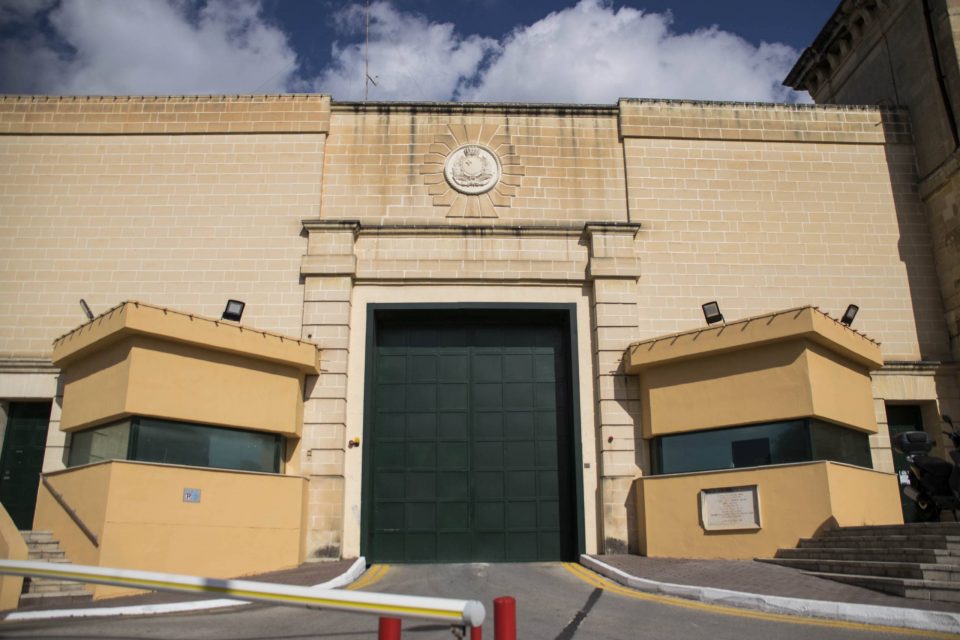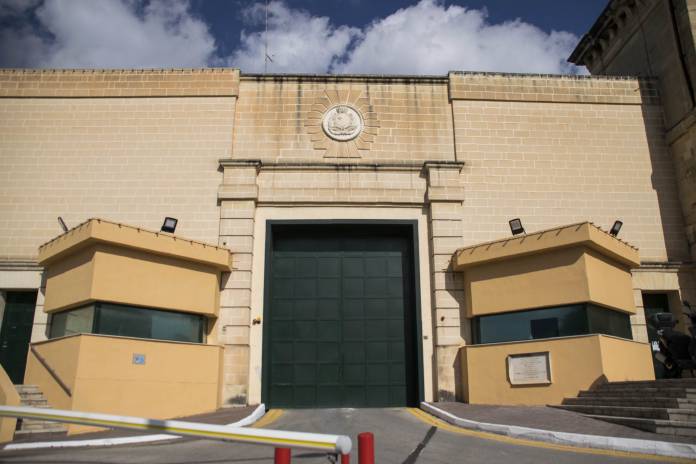The Correctional Services Agency fails to respect public procurement regulations, instead adopting procurement methods which “do not provide the comfort of transparency, adequate competition and equal treatment to potential bidders,” according to the National Audit Office.
But the agency has largely stood by its unorthodox procurement methods, repeatedly citing security reasons to justify its frequent departures from the law.
The agency is responsible for the Corradino Correctional Facility, the lock-up beneath the Malta Law Courts, the Forensic Unit at Mount Carmel Hospital and the Centre of Residential Restorative Services at Mtaħleb, and its procurement is overseen by its CEO – presently the “self-suspended” Alex Dalli, with Robert Brincau as acting CEO since last month.
Instead of the legally-mandated public procurement methods, however, the agency’s procurement generally “was either following the collection of quotations from selected suppliers, or outright by direct order, irrespective of the amount involved.”
The collection of three quotations – though the NAO found cases in which just two were sought – is only permissible for contracts whose value does not exceed €10,000. But the NAO found that the CSA often sought to split orders relating to the same items to avoid having to issue a tender.
And in any case, approval by the Finance Ministry to utilise direct orders was not sought.
Agency relies on ‘specific trusted suppliers’
In its response, the CSA management said that it stuck to the three quotation system for security reasons.
With this in mind, it said, “specific trusted suppliers” are chosen to bid. It provided no indication of how suppliers could be deemed trustworthy.
Nevertheless, it pledged that a head of logistics employed since October 2020 would see to follow procurement regulations, though adding as a disclaimer that they would do so “whilst adhering to priorities related to the national security.
Agency insists accurate projections are impossible
The NAO’s audit focused on the agency’s capital expenditure during 2020, looking into transactions incurred in other periods where necessary. It found “significant weaknesses” in its financial controls, especially where capital expenditure was involved.
But as the NAO called for the urgent strengthening of internal controls to ensure spending does not go out of hand, prison management argued that making accurate spending projections was effectively impossible.
“In reality, project projections will never foresee and meet the actual expenditure. In a village it is impossible to manage all the projects and emergencies that arise on a daily basis,” CSA management told the NAO.
The CSA also cited security considerations when it denied the NAO access to the full documentation concerning the procurement of security equipment. Instead, the NAO was only provided with “extracts deemed relevant by” Dalli.
However, the agency’s trend to go over-budget suggests that whatever projections are made tend to be on the generous side. In fact, its capital expenditure surpassed approved estimates by some €3 million in 2020 alone.
The NAO’s recommendations
In its own recommendations, the NAO argued that the CSA stood to obtain better deals if it actually complied with regulations.
“Compliance with the regulations, which are intended to promote competition and transparency, is the main way to obtain better deals and to mitigate risks, particularly those related to reputational damage which would arise from non-compliance,” it said.
It argued that with adequate and timely planning, the CSA could ensure its procurement is made in line with regulations, providing equal treatment to all interested bidders and safeguarding the interests of the state.



